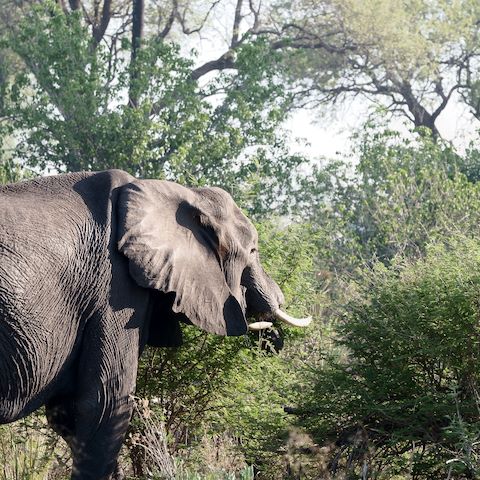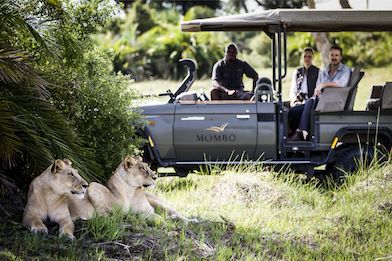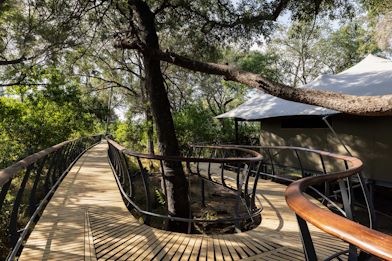Africa
A safari at Little DumaTau
Our Collective
Merryn Haller
1/22/2025
Dazed and moved

Into Botswana's Linyanti Wildlife Reserve
Arriving at Wilderness Little DumaTau
The first game drive experience – Meeting Mr Hip
The lion prides of Linyanti – Day 2 at Little DumaTau
Wondrous water – Osprey Lagoon's elephants
A reluctant goodbye

More to discover

The benefits of a Botswana green season safari
Green season is a time of rejuvenation in Botswana’s wild areas. Learn more here about the benefits ...
Read moreTao Varty
04.07.2025

The Hoanib – Linear Oasis of the Namib
Ephemeral rivers are seasonal but sustain wildlife in dry area. Learn about Hoanib River formation. ...
Read moreMartin Benadie
30.06.2025

Spotlight on Mombo "The Mother of all Camps"
There’s an unparalleled culture of seven-star hospitality where everyone knows your name.
Read moreMelissa Siebert
19.06.2025

Spotlight On Linkwasha – Hwange National Park
A contemporary safari camp in an iconic African landscape, Linkwasha sits on the edge of the renowne...
Read moreTao Varty
09.06.2025

Wilderness Chitabe’s sustainable Okavango Delta safari
Discover Wilderness Chitabe’s blend of eco-luxury, conservation, and community in its approach to su...
Read moreMerryn Haller
09.05.2025

Let’s plan your next journey
Ready?
Immerse yourself in Botswana’s Linyanti region in this story of a magical two-day safari at Little DumaTau.




